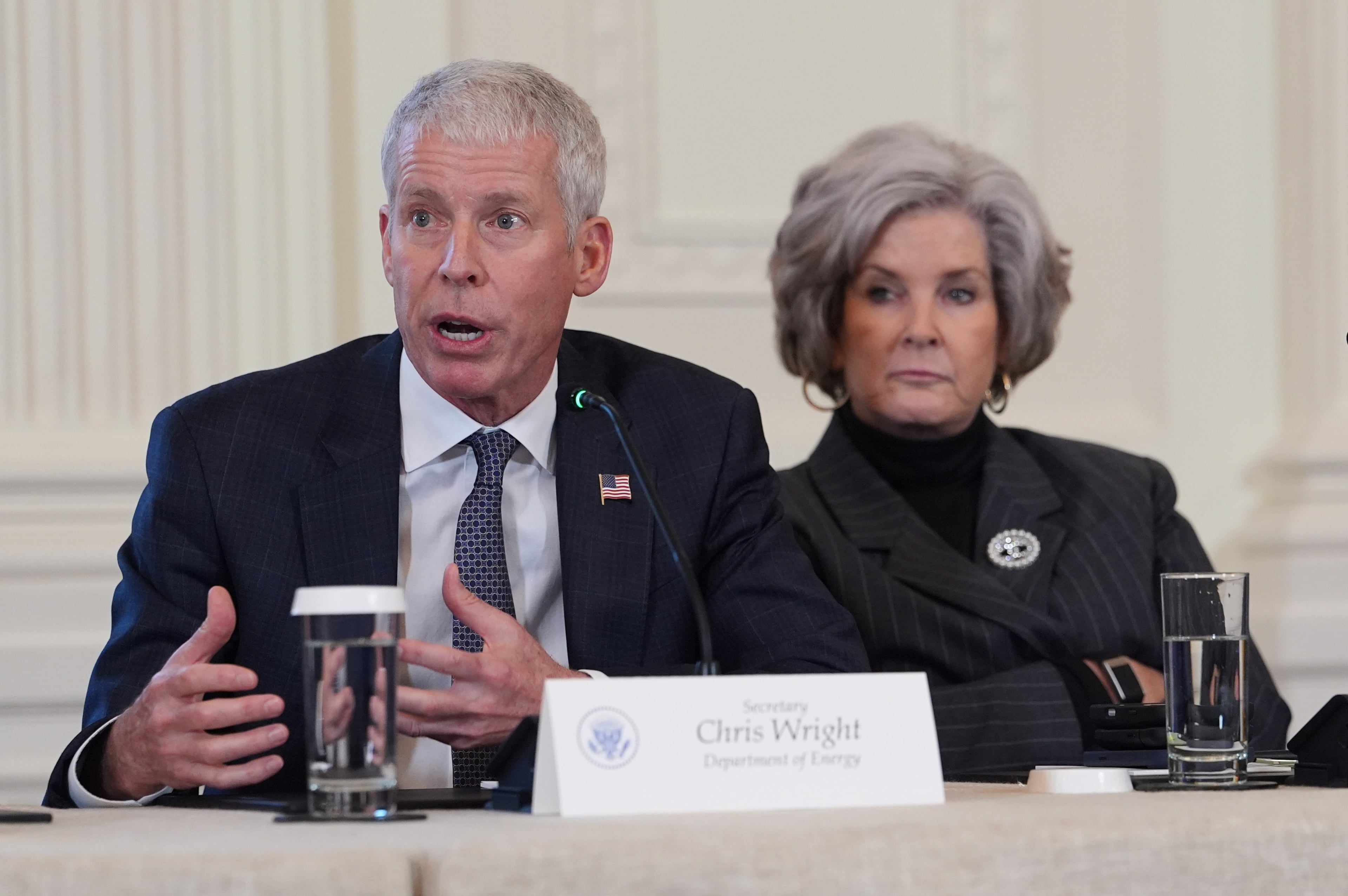Helene severely damages major hub for global climate data
One of the world’s most important repositories of global climate data was hit hard by Hurricane Helene’s devastating sweep across the Southeast, and it’s unclear when some of its products will be available again, the federal government says.
The National Oceanic and Atmospheric Administration said Friday the agency’s National Centers for Environmental Information, which is headquartered in Asheville, North Carolina, and stores oceanic, atmospheric and geophysical data going back as far as the 1700s, was severely damaged by Helene.
NOAA’s news release did not provide details on what caused the damage, but Asheville was the site of some of the worst flooding in the region. So far, more than 200 people across multiple states have been killed by the storm, with many more still missing.
The agency said all of its employees and staff have been confirmed safe. All of its stored data — including paper and film records — are also intact, but archived material is currently inaccessible. Ingestion of new data has also been impaired, but NOAA said it is working with its partners to minimize losses.
In the meantime, many of the data sets and products NOAA produces — including its monthly “State of the Climate” reports, which provide vital information to farmers, utilities, the transportation sector and the media — will be delayed or offline indefinitely, it said.
“At this time, we do not have more specifics on when they might be available,” the agency said in a statement.
Scientists, meanwhile, say human-caused climate change likely played a major role in worsening the floods and other damage caused by the storm.
Asheville and many other locations in Helene’s path received record amounts of precipitation, and a vast body of research has linked rising temperatures to higher rainfall totals.
A note of disclosure
This coverage is supported by a partnership with Green South Foundation and Journalism Funding Partners. You can learn more and support our climate reporting by donating at ajc.com/donate/climate.



